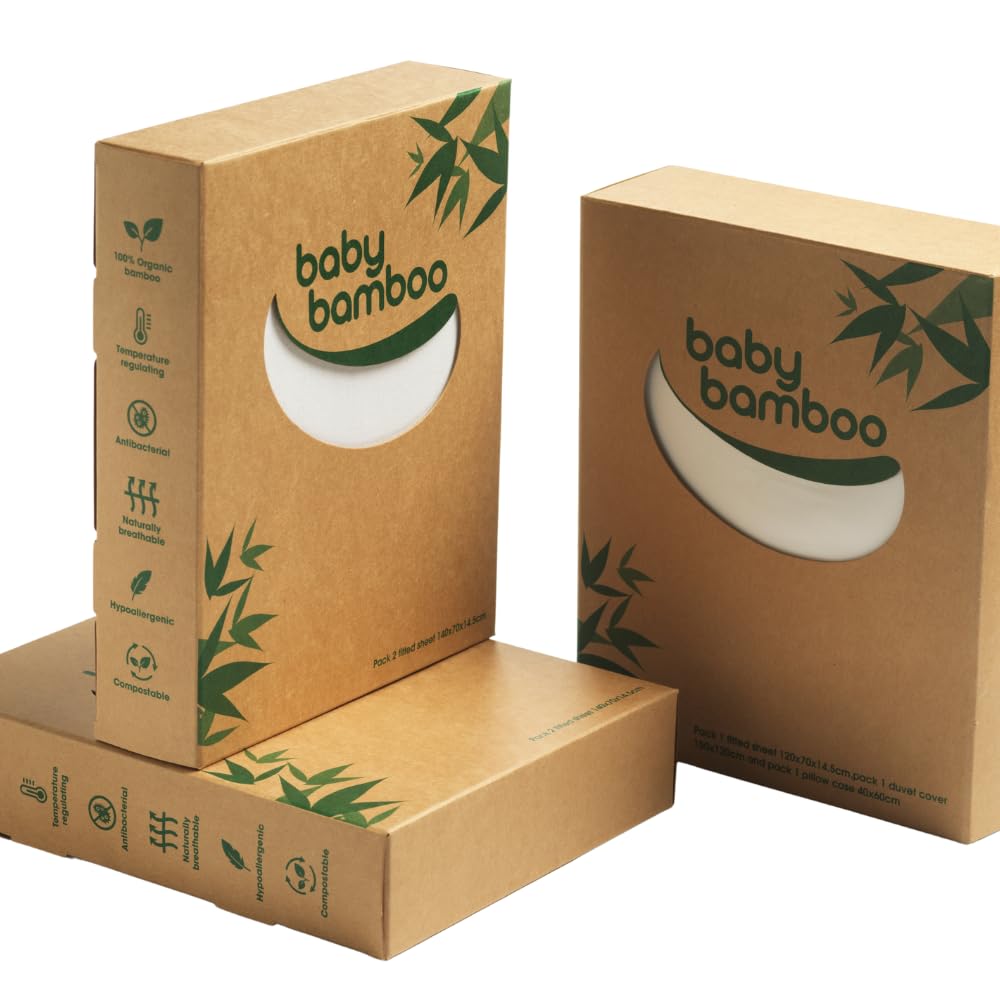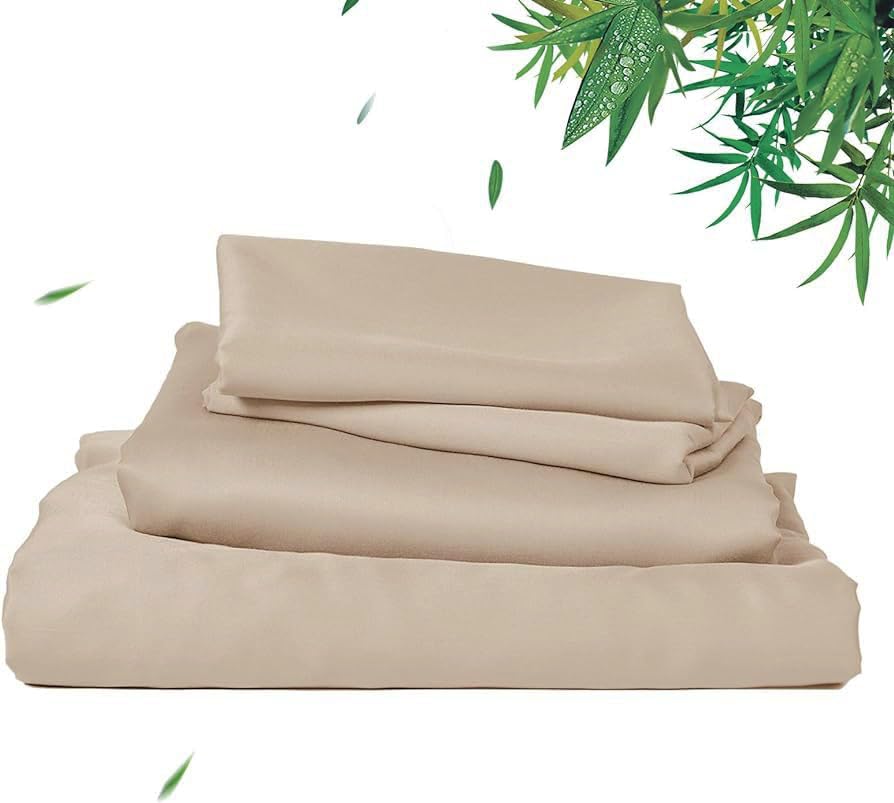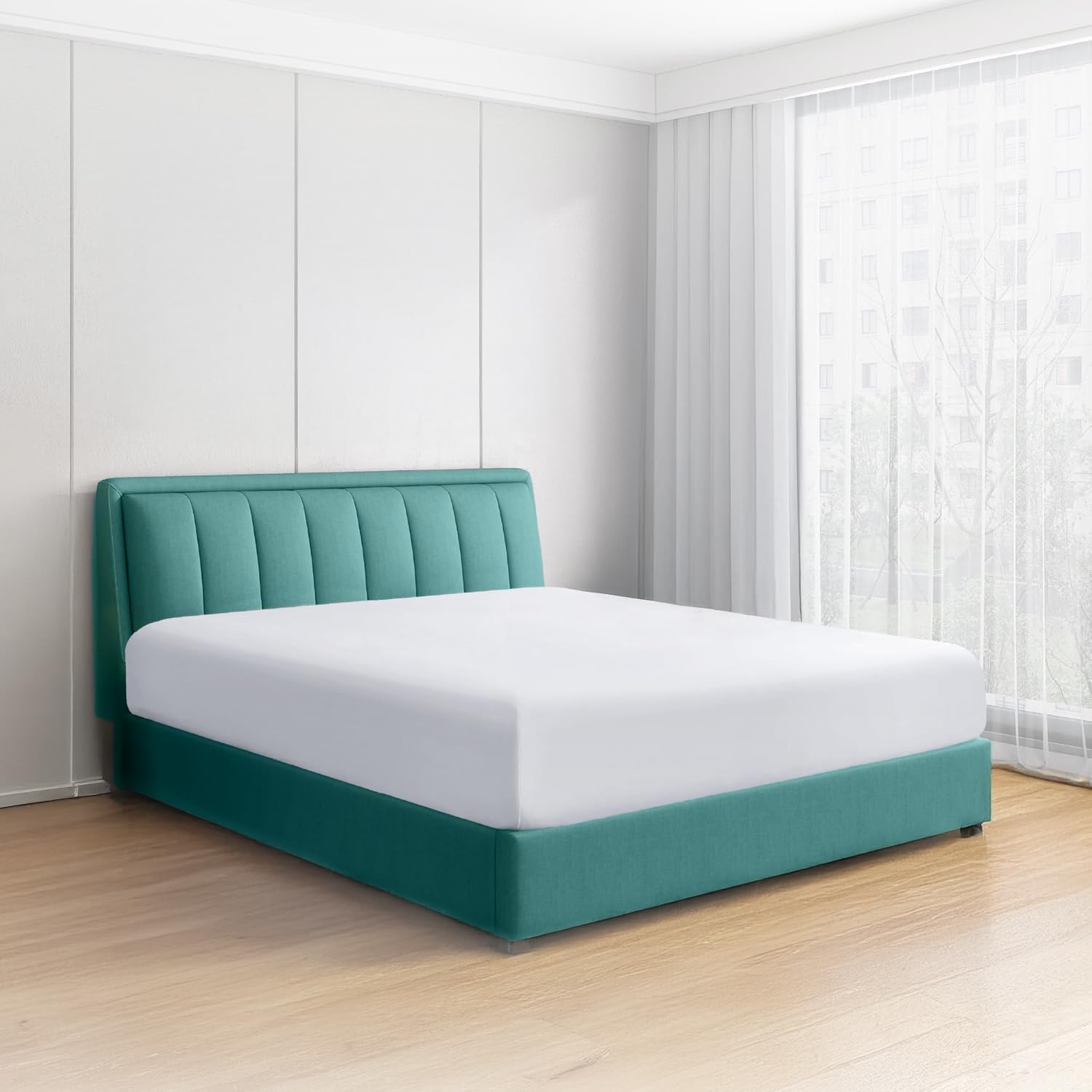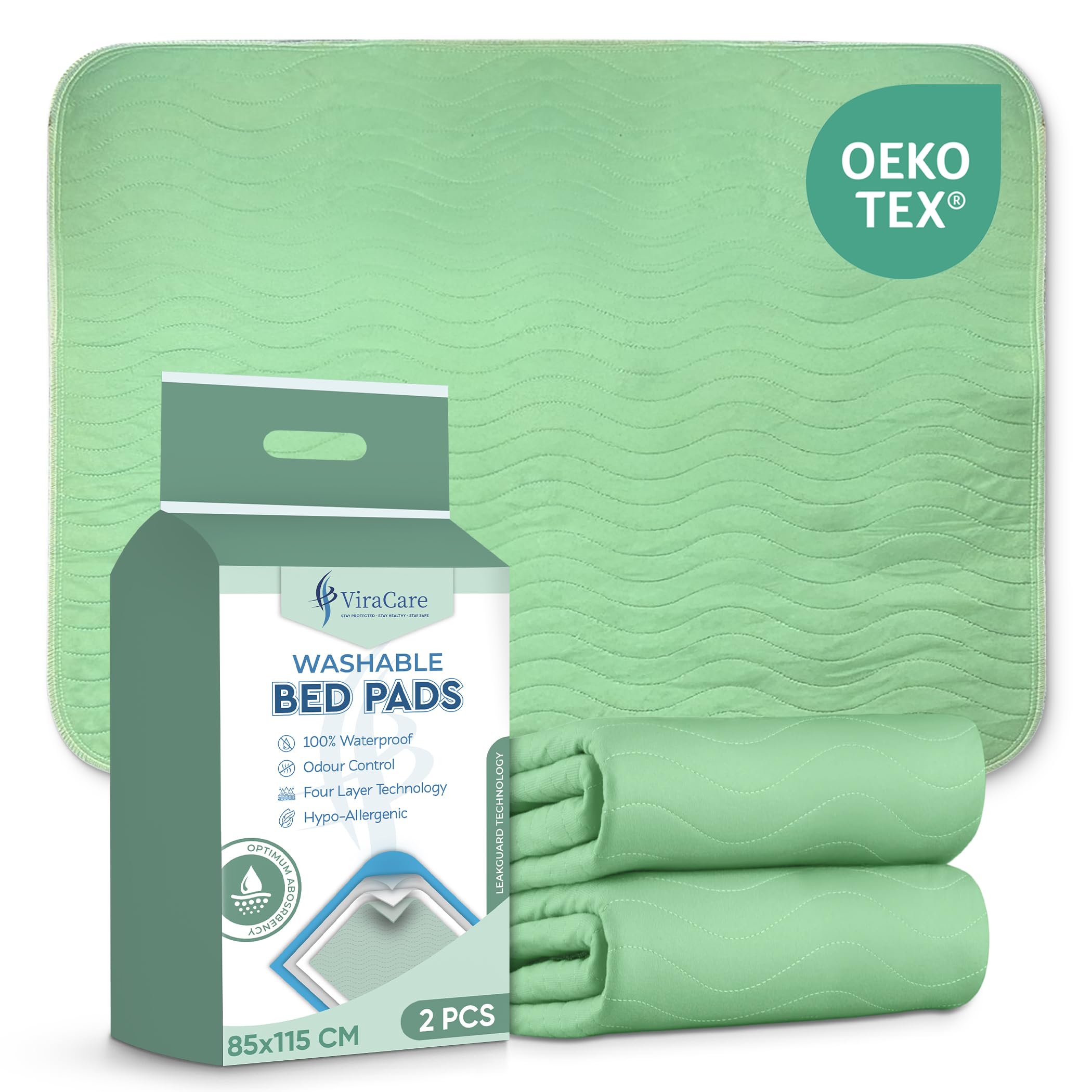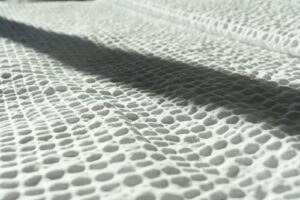Sensitive skin reacts to friction, heat, and residues left from laundry. The right sheets reduce irritation so your skin can settle. This UK guide helps you pick fabrics that feel gentle, avoid common irritants in the wash, and set up your bed so it stays cool and smooth through the night.
Breathable bases such as bed sheets that stay cool set the tone for the rest of the setup.
Fabrics that feel kind to skin
Cotton percale in long staple fibres feels smooth and cool without cling. Tencel lyocell is also gentle, with a sleek hand and good moisture management. Silk is soft but needs careful washing and can be slippery. Brushed fabrics can feel cosy at first but may trap heat and fibres that tickle sensitive skin. For most people, percale cotton or lyocell is the best starting point.
Keep temperature balanced
Overheating makes skin more reactive. Use a lighter duvet tog to keep the microclimate under the covers comfortable. Crisp percale sheets allow airflow. If you wake warm, avoid heavy jersey and consider a breathable mattress protector that does not trap humidity.
Laundry choices that reduce irritation
Use fragrance free, dye free detergents. Rinse thoroughly. Avoid heavy fabric softeners, which leave residues that can bother sensitive skin. If your water is hard, consider a small dose of water softener to improve rinsing. Line dry to avoid high heat, which can fix residues and roughen fibres.
Thread count and weave for comfort
Moderate thread counts in quality fibres feel smoother after washing than very high counts made from weak yarns. Percale’s plain weave presents fewer loose fibres than fluffy finishes. If you like a silkier feel, try lyocell or a well made sateen in cooler months. Test one pillowcase before buying a full set to check skin response over a few nights.
Reduce friction from sleepwear
Loose, breathable pyjamas reduce rubbing. Avoid stiff seams and scratchy labels. Keep nails smooth to prevent snags. Small changes reduce micro abrasion on sensitive areas like shoulders and legs.
Smooth percale and lyocell sets suited to sensitive skin appear in the best bed sheets. Pair with a breathable mattress protector and a duvet matched to the season.
FAQs
Which sheets are best for eczema prone skin?
Long staple cotton percale or lyocell washed with fragrance free detergent. Keep the bedroom cool and avoid heavy softeners.
Do I need organic cotton?
Organic certification concerns farming, not softness. Focus on fibre length and weave for comfort, and on gentle detergents for skin.
Is silk a good option?
Silk is soft for many people, but it needs delicate care and can feel warm. Test a pillowcase first before investing in a full set.
